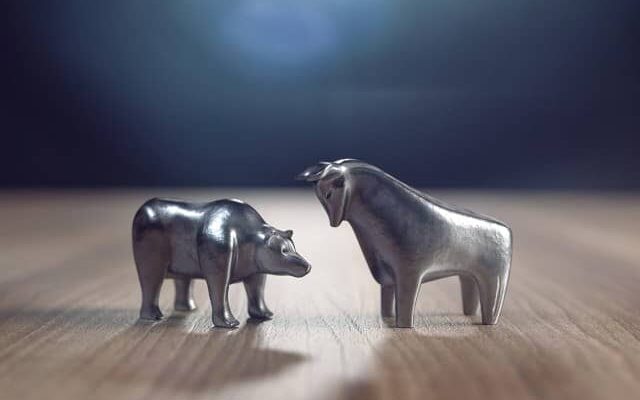(AOF) – Bayer plans to modify its dividend policy in order to pay the legal minimum required for three years. The German chemicals group said the move follows a review of the company’s capital allocation priorities aimed at reducing high debt, combined with high interest rates and a difficult free cash flow situation. This change would result in a dividend of 0.11 euros per share for 2023. “One of our main priorities is to reduce debt and increase flexibility,” said CEO Bill Anderson.
“Our amended dividend policy, which took into account investor feedback and was not taken lightly, will help us with this.”
AOF – LEARN MORE
Learn more about the chemicals sector
Nothing is going well for German chemistry
German chemicals, very dependent on Russian gas, are in difficulty. Following sluggish sales in the automotive sector and falling demand in construction, production is down 8.5% in 2022, with overall turnover down 1.6% to 63.1 Billions of Euro’s. Specialty chemistry is doing better. On the other hand, the rate of utilization of production capacities in basic chemicals has slowed significantly to reach less than 80%. The third German industrial sector is tempted by relocation to the United States, where energy costs are much lower. With the Inflation Reduction Act, the United States has established an environment appropriate to current challenges.
Learn more about the Pharmacy sector
Oncology, priority of pharmaceutical giants
Sanofi’s stock market disappointment recorded at the end of October 2023 underlines the new direction for the group, which has now set oncology as its number 1 priority. Efforts in this segment, where therapies are advancing the fastest, notably involve investments in R&D which weigh on profitability. Sanofi therefore announced a drop in its earnings per share in 2024 and the abandonment of its objective of an operating margin of 32% in 2025. Merck has just unveiled a new alliance. It will pay up to $22 billion to the Japanese group Daiichi Sankyo as part of a partnership on experimental cancer treatments. While some experts estimate that the United States represents nearly half of global oncology spending (drugs and treatments), or $196 billion in 2022, Chinese spending in this area has more than doubled in five years, going from 5 to 11.8 billion dollars.
